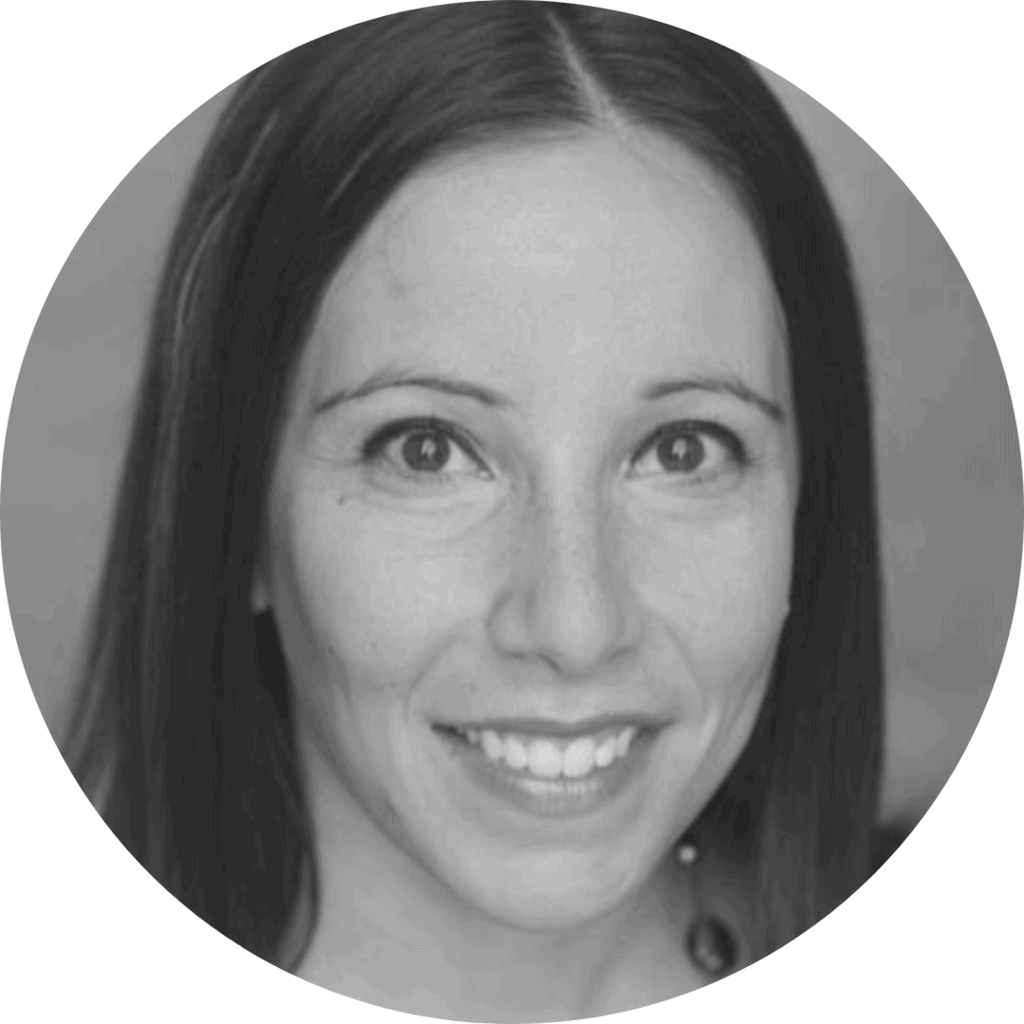With the holidays nearing, so many in the real estate industry are approaching or past the point of burnout—a challenge the World Health Organization has identified as an occupational phenomenon. Symptoms include constant exhaustion, growing detachment or cynicism toward work, and reduced effectiveness on the job—issues that can weigh heavily on Realtors, especially during the year-end rush.
Addressing burnout requires more than surface-level fixes. From rethinking self-care to setting boundaries and rediscovering joy in the job, there are practical steps Realtors can take to recharge and thrive—both personally and professionally—as they head into the new year.
Self-care means many things, not only “turning off”
Debbie Cosic, CEO and founder of In2ition Realty emphasizes that self-care is a crucial part of combating burnout and notes that it can take many forms. At her company, the annual December strategy meeting is held at a spa, giving team members the chance to reflect, recharge and reset while enjoying treatments. But Cosic is quick to point out that self-care goes beyond spa days and relaxation.
Chris Harding of Engel & Völkers Nova Scotia Halifax agrees, highlighting that Realtors are naturally outgoing and always “on,” whether networking, attending events, or working with clients. “We usually end up in the business because of it,” he says, adding that self-care doesn’t always mean turning off completely. Instead, it can mean stepping outside of your routine and trying something new—whether it’s a simple activity like doing a puzzle or reading a book, or something more involved, like trying a new sport, tackling a home project, or volunteering.
Tips on how to recharge day-to-day
- Don’t drive whenever possible. “If I don’t have to drive somewhere, I won’t. Get out of the car,” Harding suggests. “These are habits we don’t even think about.
- Leave the phone behind. Harding points out Realtors are not on call and don’t need their phones at all hours. “If you’re not waiting for anything time-sensitive, leave it in another room,” he advises. “You have voicemail and can state what your hours are.”
- Learn to let go and have fun. Cosic believes in and encourages having fun, especially because her team works incredibly hard. She explains the development industry is filled with events, thanks to large marketing budgets affording things like dinners out, sports games and even trips. “It’s a huge outlet for them, the fun part of the job they look forward to.”While many in the industry don’t get to access events like these, there are many ways to have fun within and outside of work. The key is tapping into what it personally means for you and finding outlets to enjoy yourself.
- Quit saying yes to everything. Harding feels learning to say no when needed is probably the hardest one to learn, especially for newer agents, but it’s important. “You can do this nicely, by clearly communicating how and when you talk to clients or the office hours you keep.” Of course, at times you’ll deviate, but the key is to set boundaries. Be polite and keep it simple. “If it’s an appointment request, suggest another time and don’t share your reason. You’ll get a sense of empowerment and your clients will respect it and gain confidence when you negotiate on their behalf—they’ll understand you have power.”
- Collaborate and delegate—don’t master everything. This doesn’t mean you need to be a top performer with an executive assistant, but it’s important to take advantage of your colleague’s strengths and weaknesses and use automated tools to alleviate stress and workload.
How self-care can impact your business
For Harding, his comfort, energy and attitude towards working each day improved when he put self-care on his radar. “It inherently changes how we communicate, which is key since we’re in a relationship business. If you’re communicating from a better place internally, it affects your performance and your clients will notice,” he asserts.
Truly understanding these concepts often comes from experience, which can mean hitting some thresholds before you realize their importance. That’s where mentorship comes into play, especially for early-career agents.
Cosic sees this in her team members, who are extremely driven and work very long hours, adding, “Our biggest problem is trying to teach some of them life balance. We’ll say, ‘You can’t work those hours. Please schedule days off. Take your team out for lunch.'”
She recalls it took a long time to teach them because of their “hardworking, aggressive and successful nature,” and the fact they run the same pace at home that they do on the job. However, there’s a healthy balance to strike: “Yes, you have to work very hard, but you have to take care of yourself,” Cosic stresses. “If you don’t, it’s all for naught. There are only so many dollars you can put in the bank.”
How the industry can help agents avoid burnout
Harding says that first, self-care needs to be on their radar. In his experience, brokers want to help and would probably take it seriously if it were brought up. For example, “Many bring in industry-related speakers to meetings, but there’s an opportunity to have professionals talk about helping those running the business.”
Cosic has thought about this for a while and supports her team in different ways. For example, since the pandemic, she’s offered team members mental wellness support, including covering the cost of counselling, “Some people have had a dozen or so sessions over a year because they’ve gone through a traumatic situation they needed to deal with.”
Aside from intentionally shutting down her office over the holidays so people can “regroup, rethink the year and come back re-energized,” she’s offered a flexible work schedule from day one, something she says her team takes comfort in when they need a mental health day.
Cosic stresses that although the success of the company is very important, “The success of the culture within it is equally important to me.” For her team, the flexible culture is especially key for those juggling family and children with their careers.
“There’s a lot expected from a successful professional with a family to raise—it’s really two jobs running simultaneously, and a lot of people don’t realize that. They’re doing it all, so it’s a perfect recipe for burnout.”

Emma Caplan-Fisher is an editor and writer for REM. She has over a decade of experience in various content types and topics, including real estate, housing, business, tech, and home & design. Emma’s work has also been featured in Cottage Life, the Vancouver Real Estate Podcast, the Chicago Tribune, Narcity Media, Healthline, and others. She holds a Certificate in Editing from Simon Fraser University.
















